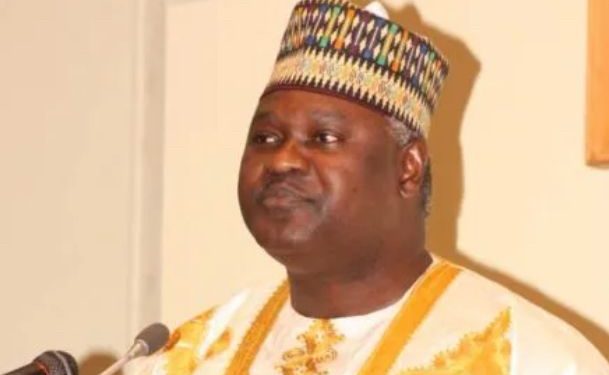By Hassan Osman Kargbo
Prominent legal luminary and the All People’s Congress (APC) flagbearer aspirant, Joseph Fitzgerald Kamara (JFK), has renewed calls for constitutional reform, urging lawmakers to amend Section 76(1) of Sierra Leone’s 1991 Constitution.
Speaking in a recent interview on Liberty TV Online, Kamara expressed concern that the existing provision that effectively bars Sierra Leoneans in the diaspora from contesting for elected office, describing such a restriction as a major setback that denies the nation access to a wealth of skills and expertise that could significantly contribute to national development.
“The Constitution, as it stands, excludes a critical segment of our society,” Kamara explained. “We have thousands of Sierra Leoneans abroad who are highly educated professionals, successful entrepreneurs, and accomplished experts in various fields. Their exclusion is not only unfair but a loss for the country.”
Kamara emphasized that members of the diaspora possess global exposure and international networks that could be harnessed to drive innovation and development. He argued that reforming the law would allow Sierra Leone to tap into such a pool of talent to advance key sectors such as education, technology, finance, healthcare, and governance.
According to him, diaspora participation in the political process would not only broaden the democratic space but also enhance the quality of leadership. He maintained that by enabling qualified Sierra Leoneans abroad to run for office, the country would stand a better chance of bridging the development gap and improving its Human Development Index (HDI).
“The benefits of diaspora involvement in governance are far-reaching,” Kamara continued. “From improved service delivery in education and healthcare to fostering economic growth through innovation and investment, this reform has the potential to transform Sierra Leone’s future.”
Kamara also pointed out that many countries in Africa and beyond have already taken steps to integrate their diaspora into national politics. He noted that Sierra Leone risks falling behind if it continues to ignore the value of its citizens abroad.
“There are examples across the continent where diaspora participation has led to stronger economies and more inclusive governance,” he said. “Sierra Leone cannot afford to be left behind when we have the talent and expertise waiting to be engaged.”
The former Attorney General and Minister of Justice stressed that amending Section 76(1) is not merely a political demand but a national necessity. He called on policymakers, civil society, and citizens to rally behind the reform, describing it as a pathway to unlocking Sierra Leone’s full potential.
As the debate on constitutional reform continues, Kamara’s intervention adds fresh momentum to discussions around diaspora rights and their role in shaping Sierra Leone’s political and economic landscape. Many observers believe that granting the diaspora the right to contest elections would be a bold step towards building a more inclusive, competitive, and globally connected nation.












